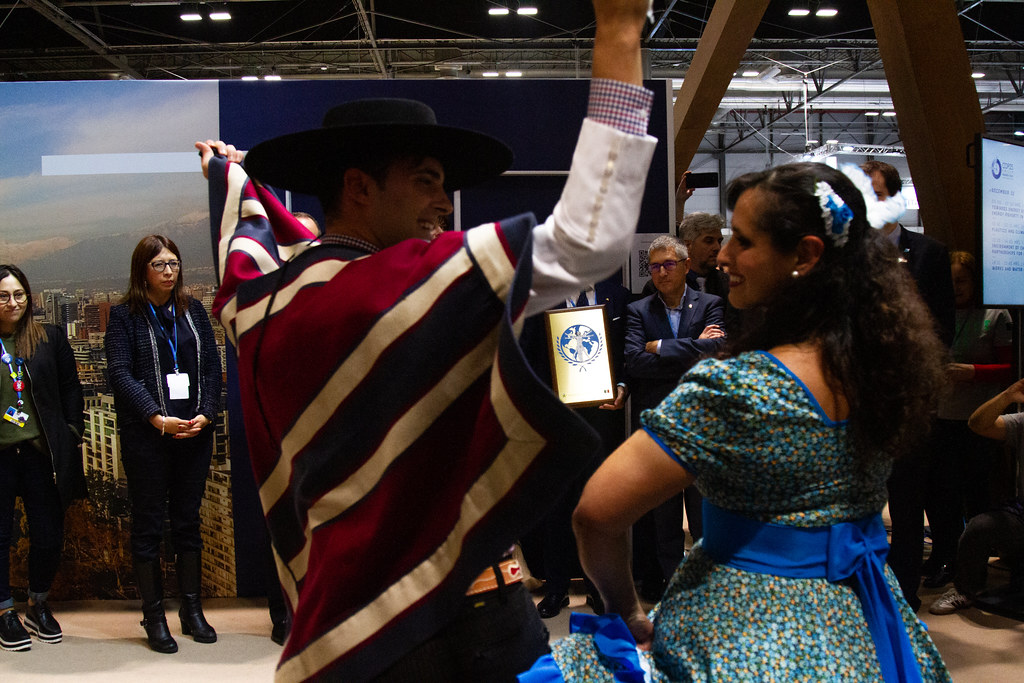A disappearing act was afoot at the recent COP26 global climate change summit. Everyone was talking about methane, the gas that contributes over 30% of cumulative toxic climate emissions, but no one was mentioning the issue with regards to the animals that produce the said gas. In an act of hypocrisy Bernie Madoff would be proud of, US big agriculture made a so called Methane Pledge to cut emissions while not mentioning once the farming of animals.
By most calculations 25% of all climate related emissions are due to the farming of animals for meat consumption. The cows emit the gas while grazing, thus the more cows you have the more gas you produce. Climate change is driven by primarily two gases, carbon dioxide and methane. The latter drives 80 times the warming power of carbon dioxide over the first 20 years, while the former stays in the atmosphere far longer. Sadly in about 20 years the world will not look anything like it does today and your life will not remotely resemble anything like today.
The methane story seems to perfectly depict the disjointed failures of this year’s COP26. Delegates were munching on meat tacos while discussing how to save the Earth from climate disaster, how consistently obnoxious. There were actually signs at every food outlet that informed the delegates of the climate footprint of each particular food. Yet they were generally ignored, world saving delegates choosing time and again world wrecking meat dishes.
The smaller countries of the global south who are most likely to be more adversely affected by climate catastrophe did not have the funds to send large delegations, thus picking and choosing which events they would participate in. However the US big agriculture had a delegation of over 500 lobbyists. They made pledges and talked the climate talk but did not for a second touch the 800 pound gorilla, meat for consumption.
The sentiment was perfectly summarized by U.S. Agriculture Secretary Thomas Vilsack, who said in the middle of COP26 that Americans can carry on eating meat while keeping the world within safe limits on global heating. Kind of like having a nuclear war and a great career at the same time. Clearly the man is delusional, but why?
The fundamental problem is twofold. First, the poorer counties of the world have so many other issues; poverty, war, corruption, drugs and hunger that climate destroying gas from animals seems last on the list to be addressed. Secondly, the wealthier countries seem to care but eating meat is embedded in their way of life, much as cars. No one is talking about eliminating cars, everyone is talking about buying ‘electric vehicles’. Much in the same manner no one is talking about eliminating ‘eating meat’, just substituting plant based ‘meat like’ products. 'Livestock' supports the livelihoods and food security of around 1.3 billion people, while family farms manage 75 percent of all agricultural land. But the most critical aspect is that PEOPLE LIKE EATING MEAT, just like they like driving their gas guzzling cars.
Against billion dollar big agriculture and the political power deployed by them the plant based food industry is the perennial David vs Goliath. At COP26 the plant based groups were all there with their small delegations, but none of the key players paid any attention to them. The 35 global meat companies spun out a story about their critical role in ‘food security’, then made a worthless ‘Methane Pledge’ and all the plant based food delegates could do was watch.
Climate change is here to stay, toxic gasses are about to wreak havoc on our planet and way of life. Everyone knows this, everyone is scared, yet as proven by the overall failure of COP26, they are unable to effectively tackle it. Someone once said democracy is a reactive form of government, meaning the nature of democracy is more prone to react AFTER a crisis instead of prior. Countless wars have proven this adage. The ineptitude displayed by the leading polluters at COP26 once again promises a reaction to global warming when we are all cooking up, not before. And there is no way to control that cooking without addressing the 30% of toxicity that is contributed by the farming of animals for consumption.




